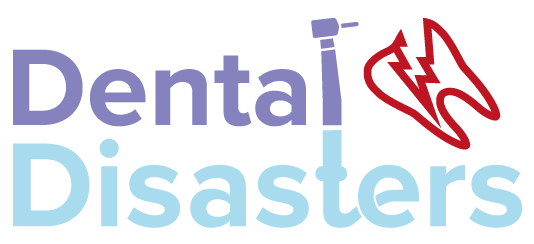Launched by the previous government a year ago, NHS heads have stated that the dentistry recovery plan for treatment in England has comprehensively failed.
Part of the plan included ‘Golden Hello’ payments, which were proposed to encourage dentists to cover gaps in care in areas with NHS dental shortfalls. This has thus far only attracted 39 dentists to the scheme out of an intended target of 240.

A further idea was to implement mobile treatment vans to underserved areas. This has “completely failed” in its mission to offer any extra capacity for care.
During a Parliamentary committee, it was acknowledged by NHS leaders that the issue stemmed from the contracts offered to potential dentists intending to carry out NHS care. The committee has concluded that this aspect needs throwing away completely and starting again from scratch.
Dental deserts
First summarised by Conservative health ministers in February of 2024, The Dental Recovery Plan was supposed to address the NHS dental crisis in England.
Dental deserts – as I have talked about in my blogs previously – refer to the significant number of patients struggling to gain access to NHS dental treatment due to sheer shortfall in care. The worst of these being the dental deserts which have no NHS dental cover at all.
According to research by BBC News in 2022, it was revealed that nine NHS dentists out of ten no longer accept new adult patients, with eight out of ten no longer accepting child patients, who are supposed to be entitled to free dental care.
Our most senior civil servant, Professor Sir Chris Whitty, was asked whether the plan to deliver an extra 1.5 million treatments to patients promised by the prior government was progressing as intended.
Chris Whitty’s response:
“The very short answer is no.
“Within the Dental recovery Plan, there were four components, of which I think one didn’t start at all, which was on dental vans.
“There were three (additional) elements that were aiming to address recognised problems…but the solutions were unsuccessful.”
He added that the patient premium incentives to onboard new patients had failed in its intentions to offer care to any significant number of new NHS cases.
There was also a reform plan in place to adjust the payments made to dentists for individual treatments, which was intended to bridge the income gap between NHS patients and private clients. This has also failed.
Head of NHS England, Amanda Pritchard, said that lessons would be learned from this failure:
“The thing which we are focusing on next, which is a very clear priority for the Government, is the delivery of the additional 700,000 urgent dental appointments.
“We are expecting commissioners to plan for that.
“And crucially we are leaning the lessons of what hasn’t worked.”
Health leaders have acknowledged that the issue stems from the NHS contract offered to dentists, who have stated that it costs them money to onboard NHS patients.
When examining the suggestion to rip up the existing contract and restart from scratch, Amanda Pritchard said:
“The right answer I think is to consider a much more radical reshaping of dentistry in this country because it feels to us that tweaking around the edges. You can see it has made some difference, but not enough.”
My two-penneth
After a bit of optimism in my previous post, it looks like we’ve come crashing back down to earth with a bang this week with these revelations. In short, we are now a year removed from the reform plans being laid out, with a year of progress lost.
Presumably, additional progress has been lost within that time, as demand can only increase with such widespread failure to meet care demands.
As I have stated may times before – decisive action needs to be made, and it needs to be made fast. Many patients could potentially experience lifelong dental issues as a result of all the procrastinating currently going on, and it is not the deserved outcome for the innocent tax and National Insurance payer.
